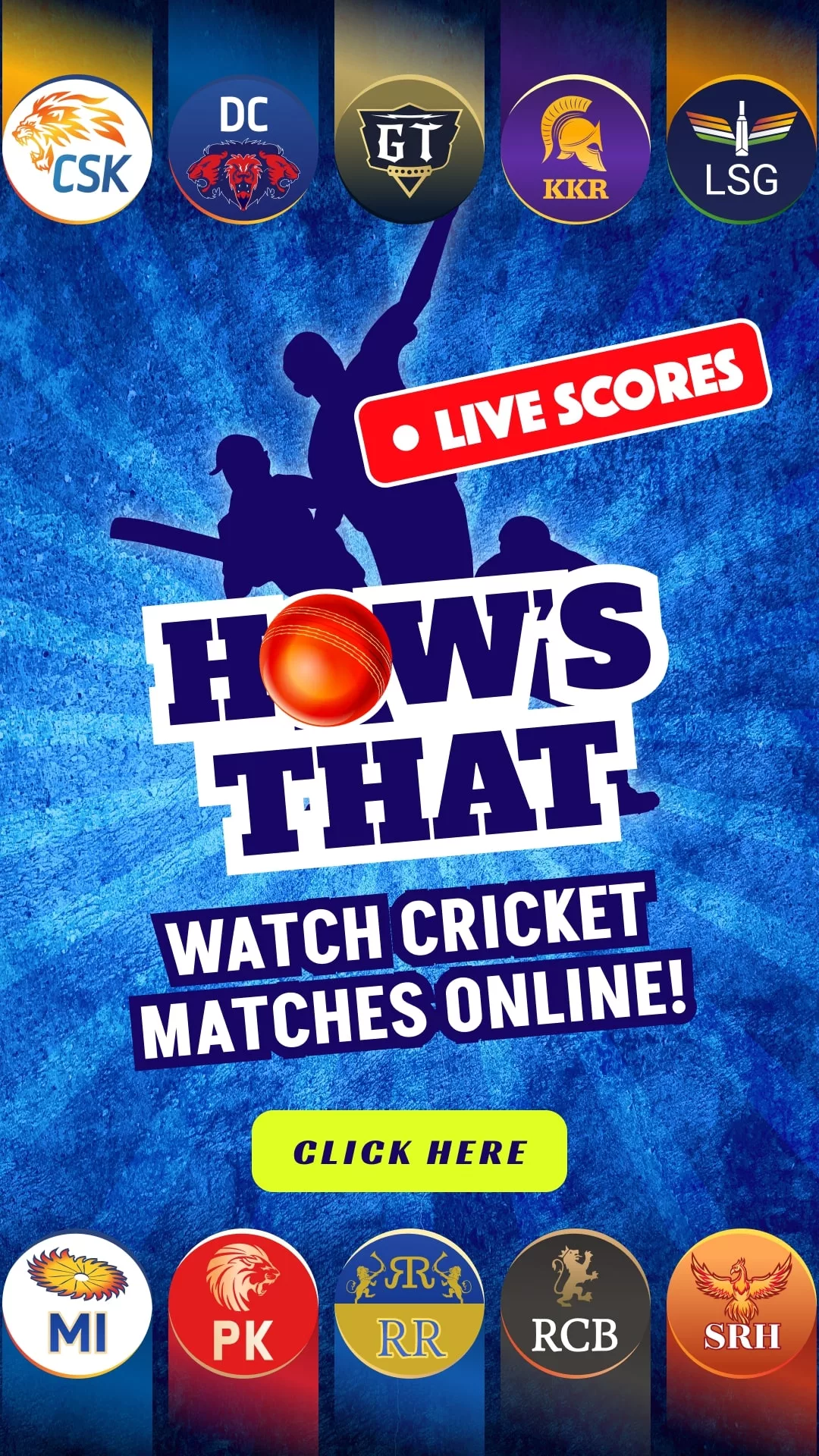On Thursday, the European Court of Justice delivered its long-awaited verdict in the legal battle between the remaining European Super League clubs, Barcelona and Real Madrid, and football’s governing bodies, UEFA and FIFA.
A22 Sports, the backers of the Super League, contended that UEFA’s ban on the proposed competition, initiated in April 2021, along with its potential penalties for participating clubs, constituted an unlawful monopoly under European competition law.
The argument put forth by the Super League clubs was that the regulatory and organizational authority held by UEFA and FIFA amounted to an abuse of their dominant position, hindering clubs from creating their own tournaments outside the existing structure of European football, which includes the Champions League, Europa League, and Europa Conference League. It’s crucial to note that the ECJ’s decision is final and cannot be appealed.

The implications of the case were substantial. A victory for UEFA and FIFA would effectively quell any genuine effort by clubs, many of which are private entities, to independently organize competitions and manage them without the approval of governing bodies. On the other hand, a triumph for the Super League would potentially pave the way for clubs, rather than governing bodies, to determine their opponents, scheduling, and revenue distribution.
Now, onto the question you’re eager to have answered: Who emerged victorious? The ruling landed in a middle ground, introducing complexities. Each party is asserting a degree of triumph. Let’s endeavor to decipher and bring clarity to the situation.
Parsing the Clarity of the Statement, ‘FIFA and UEFA Rules on Interclub Football Approval Contrary to EU Law’
We understand your perspective, and the quoted statement does seem straightforward. It essentially asserts that the regulations from FIFA and UEFA, requiring prior approval for interclub football competitions like the Super League, are in violation of EU law.
“FIFA and UEFA rules on prior approval of interclub football competitions, such as the Super League, are contrary to EU law.“

However, the overall complexity may arise from the broader implications and nuances within the court’s decision.
However, that statement is not extracted from the official judgment; it originates from the press release issued by the European court. When delving into the actual judgment, such as in Paragraph 144, there’s a nuanced perspective. It states that it is “legitimate” for new tournaments or competitions to be subject to “common rules,” including those established by FIFA and UEFA. The intricacies of legal language, indeed.
UEFA emphasized that the essence of the judgment lies in the acknowledgment that there was essentially no sufficient framework in place in 2021 when the clubs attempted to launch the Super League. The judgment suggests that the regulations introduced by UEFA in 2022 need to be reinforced to align with Thursday’s ruling, and UEFA expressed its commitment to strengthening them accordingly.
Compliance Check: If UEFA Adapts Rules to European Law, Does It Secure Unrestricted Approval Power for New Competitions?
It’s not a straightforward matter. In order to align with the judgment, UEFA must establish approval criteria that are fair and do not disproportionately penalize those seeking to create new tournaments. The crucial aspect is the nature of these rules.

If the court’s decision essentially grants clubs the freedom to organize their competitions independently, today marks a substantial setback for UEFA. However, if UEFA maintains significant control similar to the current state, it can be seen as a victory. Importantly, this battle for control won’t unfold solely in courtrooms with legal intricacies; it extends to winning hearts, minds, and, naturally, wallets.
Then How So?
The remaining Super League clubs, represented by A-22 Sports, cannot compel participation; their task is to convince others of the merits. This persuasion might not be a straightforward endeavor.
Notably, during UEFA’s post-judgment news conference on Thursday, it wasn’t solely President Aleksander Ceferin present. Instead, a coalition of stakeholders took the stage, including representatives from the European Club Association (ECA), encompassing 220 leading European clubs, the European Leagues representing 37 domestic leagues, FIFPRO (umbrella organization of player unions), and LaLiga President Javier Tebas.

This collective front aimed to demonstrate unity against the Super League, signaling that key players in the football world stand opposed. Several clubs initially involved in the Super League, such as Manchester City, Manchester United, Tottenham, Chelsea, Atletico Madrid, and Inter, along with others like Bayern Munich, Borussia Dortmund, and Paris Saint-Germain (which abstained from joining in 2021), distanced themselves through official statements.
What Factors Could Influence their Perspectives?
The proposition presented by A22 on Thursday alone may not suffice. Clubs would require persuasion that participating is in their best interests, particularly ensuring alignment with the sentiments of their fans, who are ultimately their customers.
Our CEO Bernd Reichart explains why this is a historic day for football and how we can create an exciting future for #EuropeanClubFootball.#BetterForFootball pic.twitter.com/SEv59BaPAM
— A22 Sports (@A22Sports) December 21, 2023
Examining Restrictions by Leagues, such as the Premier League, on Clubs Joining Unapproved Leagues
People are exaggerating the significance of that aspect. Firstly, depending on the rules set by UEFA, it might not qualify as an unapproved league, as mentioned earlier. Besides, in the Premier League, the decision rests with the 20 clubs. If a sufficient number of them wish to alter the rules, they have the authority to do so.
The scenario could change if English football establishes an independent regulator, but that’s not the current situation. Even with an independent regulator, if there is genuine widespread support, it could receive approval. However, the challenge lies in the public sentiment, especially evident in the previous reaction, notably in England. Changing people’s opinions is bound to be exceedingly difficult, particularly considering the substantial TV contracts of Premier League teams compared to those in other leagues, giving them the least incentive for change.
Does Today’s Ruling Signify Inaction, or Is There More Than Meets the Eye?
Certainly, it holds significant importance. The European Court of Justice reiterated that UEFA, functioning as both a competition organizer, regulator, and commercial entity, bears certain responsibilities to prevent the abuse of its de facto monopoly power. This includes establishing reasonable criteria for clubs that opt to organize their own tournaments instead of participating in UEFA competitions—an aspect that introduces a new dimension.
However, we believe the impact of Thursday’s ruling will be nuanced, signaling a further, albeit subtle, shift in the balance of power towards the clubs.
What Does It Mean?
UEFA engages in periodic negotiations with the ECA to determine the structure of its competitions, revenue distribution, and other relevant factors. For instance, the forthcoming “Swiss Model,” effective from 2024-25, is a product of such negotiations, resulting in changes to the format, increased game frequency, and alterations in revenue distribution.
Historically, clubs could engage in negotiations, albeit with limited leverage. While they could threaten to withdraw, there was no ECJ-sanctioned framework supporting such a move. The recent ruling provides clubs with a legitimate pathway to break away if their demands aren’t met, and UEFA lacks the authority to intervene if the specified criteria are met. Anticipating the next round of negotiations, it seems likely that clubs will have increased leverage, potentially leading to competitions more tailored to their specific needs.
Diverse Priorities: Varied Needs Within the ECA’s Extensive Membership, from Manchester United to Qarabag
Absolutely. In comparing the two, it’s evident that the one with greater influence, more fans, visibility, sponsors, and a substantial TV revenue contribution is Manchester United.
In challenging situations, the dynamics will likely favor the significant clubs with massive followings in prominent leagues, as they are the ones generating substantial revenue. Now that they have a viable avenue to pursue independent initiatives—albeit complex and uncertain—they are more likely to assert their preferences.
Who knows? In the coming years, if a sufficient number of clubs express interest and believe it aligns with their fans’ wishes, we might witness a European competition format closely resembling the A-22 proposal, possibly even with the official endorsement of UEFA.




